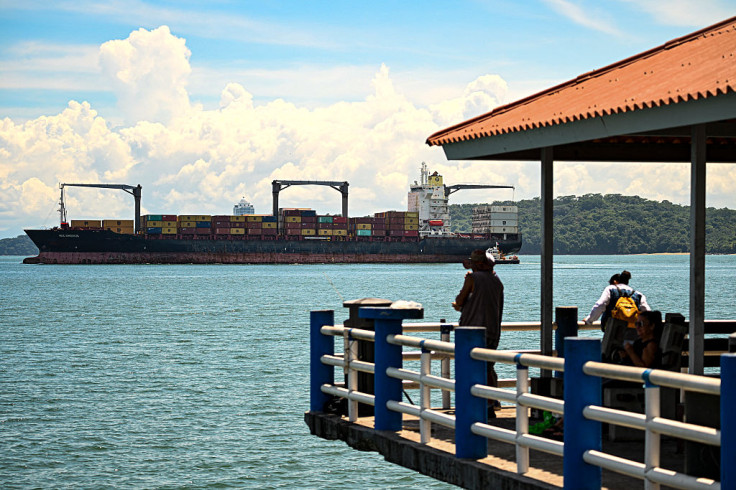
PANAMA CITY — The Panama Canal Authority (ACP) on Sept. 18 launched an international selection process to grant a concession for the design, construction and operation of a 76-kilometer pipeline across the isthmus, capable of transporting up to 2.5 million barrels of energy products.
The initiative, described by ACP officials as a central part of its "Interoceanic Energy Corridor" plan, would include a pipeline that bypasses the locks as well as new maritime terminals on both the Atlantic and Pacific coasts. ACP Administrator Ricaurte Vásquez outlined the project as part of a ten-year strategic plan prioritizing water sustainability after drought conditions in 2023–2024 disrupted canal operations.
The ACP estimates the pipeline would create about 45,000 jobs during construction and 11,000 during operations. Officials emphasized that the concession process would be "transparent and competitive."
Global Interest
More than 45 representatives from international energy companies attended the announcement event in Panama City. U.S. firms included Energy Transfer, ExxonMobil, Fortress, Movement Industries, Phillips 66 and Targa Resources. Japanese companies present included Mitsubishi, ENEOS, Gyxis Corporation, Itochu Corporation, Japan Bank for International Cooperation, Nippon Koei, Sumitomo Corporation and Sumitomo Mitsui Banking Corp.
European interest came from Otamerica of Germany, Puma Energy of Switzerland, Shell of the United Kingdom, Ultranav of Denmark and Vitol of the Netherlands. Latin American firms included Panama's CB Fenton & Co and Regent Energy Group, as well as Colombia's Promigas. SK Energy of South Korea also participated.
Political Context
Although the ACP is autonomous, observers noted that President José Raúl Mulino may favor an outcome that grants the concession to a U.S. company. Such a move could ease lingering tensions with Washington, especially after former U.S. President Donald Trump earlier this year threatened to "take back" the canal. While those tensions have eased, analysts say they could quickly resurface.
In what appeared to be a signal to Washington, Mulino announced that his address to the United Nations General Assembly will highlight Panama's role in curbing illegal migration through the Darién Gap, a key issue in U.S. politics.
Next Steps
The ACP said it will decide before the end of 2025 which companies qualify for the next stage of interaction and dialogue. The concession process is expected to conclude in the final quarter of 2026.
© 2025 Latin Times. All rights reserved. Do not reproduce without permission.




